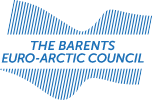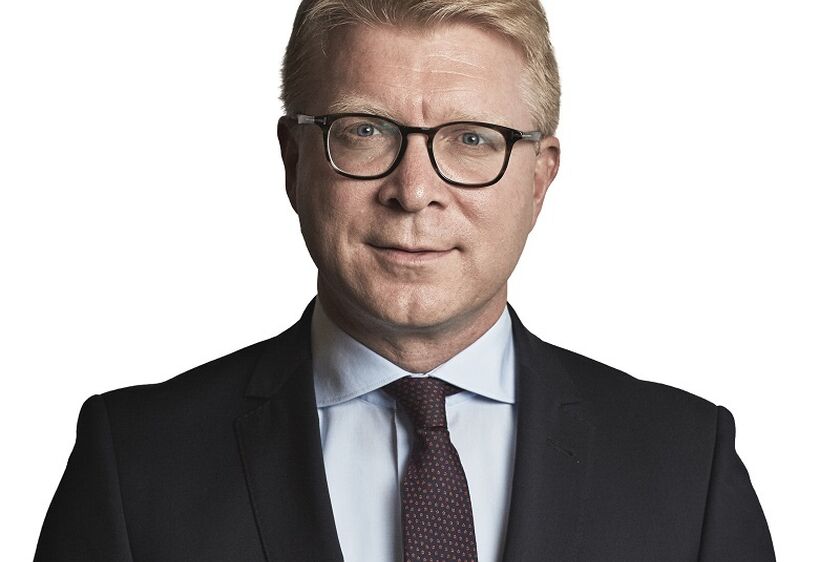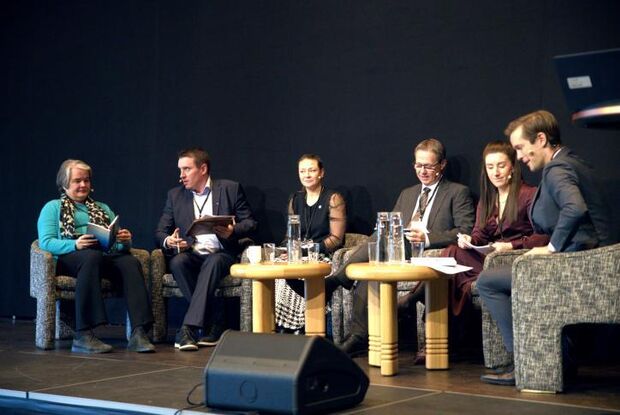Miles apart, still close at heart
Although Denmark is geographically somewhat distant from the Barents Region, we highly appreciate the work of the Barents Euro-Arctic Council (BEAC). We associate the Barents Cooperation with 1) promoting regional cooperation on stability and sustainable development, 2) creating synergies with other regional fora for cooperation in the Arctic and the High North and 3) the ability of the participating countries to transform political commitments into concrete results for the benefit of its populations in the region.
Local change, regional gain
Denmark believes that the greatest asset and strength of the Barents Cooperation has turned out to be the dialogue and the practical and cross border cooperation between countries, local and regional authorities, but also with representatives of Indigenous Peoples. The cooperation in the Barents Region has created a number of concrete results in a variety of areas such as science, technology, tourism, environment, health, infrastructure, education and cultural exchange.
Several countries are directly affected by developments in the Barents Region. Therefore, cooperation on how we deal with different challenges, including on the environment, sustainable economic development, the well-being of the inhabitants, and much more is crucial. A sound, vibrant and prosperous Barents Region demands close cooperation.
The Barents Cooperation also contributes to enhancing constructive Arctic discussions and cooperation. Close and productive Barents Cooperation has a positive spillover effect on Arctic cooperation.
Northern solidarity
Last year Denmark concluded the Chairmanship of the Council of the Baltic Sea States (CBSS). From our perspective, there are several similarities between the Council of the Baltic Sea States and the Barents Cooperation. One of the most important is the ability to transform political commitments into concrete results for the benefit of the people living in the region. Another similarity is the increasing need to ensure effective complementarity and synergies between the activities of these regional organisations and other relevant regional cooperation formats.
The Council of the Baltic Sea States and the Barents Cooperation are both part of the so-called Sister Councils in the North, which also includes the Arctic Council, the Nordic Council of Ministers, and the Northern Dimension. These councils all work in the spirit of dialogue and close cooperation in order to promote the wellbeing and sustainable development in the regions they represent while at the same time focusing on the specific characteristics of their respective regions.









